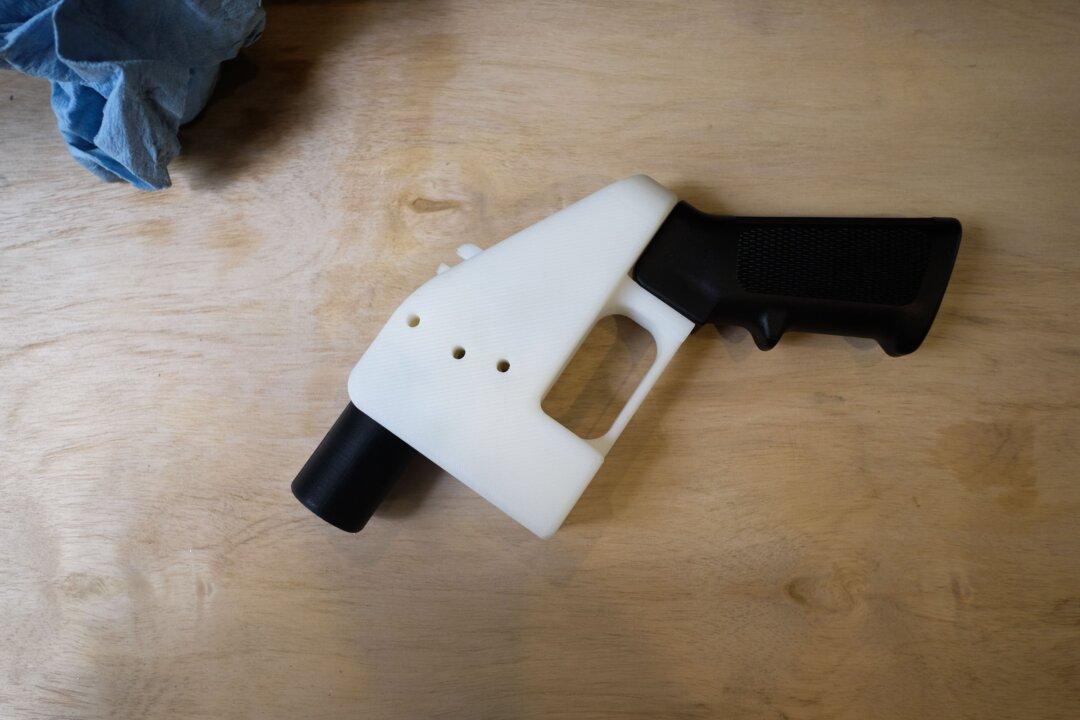Democratic lawmakers have reintroduced a proposal that would ban so-called “ghost guns,” or firearms that are made from a build-it-yourself kit, in their latest gun control effort.
The measure, dubbed the Untraceable Firearms Act, would expand the federal law’s definition of “firearm” to include “ghost gun” parts such as unfinished frames and receivers. The move would require online and other gun kit manufacturers and distributors who sell such parts to comply with the same federal regulation that governs the production and distribution of completed firearms, such as requiring sellers to obtain a manufacturer’s license and to place a serial number on the frame or receiver included in each kit.




